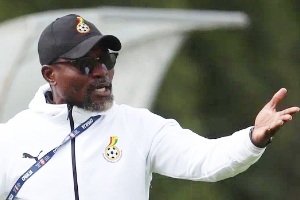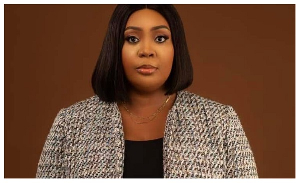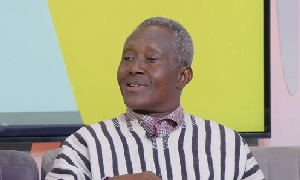Bolgatanga, Aug 2, GNA - Journalists in the Upper East Region were on Friday, called upon to adopt due diligence and rake up intelligence information, before making any publication or broadcast on the Bawku conflict.
At a workshop to train journalists and broadcasters working in the Region on conflict reporting, organized by Action Aid Ghana, the media practitioners were alerted to the dangers in reporting on the conflict in Bawku and the role they should play to bring peace to the area.
Mr Alhassan Sulemana, a Senior Programme Officer for Education at Actionaid, who called on the media practitioners to operate with decorum in times of conflict, attributed the protraction in the Bawku conflict partly to unsubstantiated reportage from media practitioners and the over liberalization of the airwaves with little checks.
Mr Sulemana noted that the media has a critical role to play in the resolution of conflicts in the region, especially the Bawku conflict, and said many people assume that whatever comes from the media is the truth and that the perception should challenge media practitioners to gather and report information accurately to pre-empt conflicts.
He said the crucial role of the media in conflict situation cannot be undermined, especially considering the magnitude with which reports from the media can influence the psyche of the people directly involved or otherwise, adding that, this informed his outfit to come out with the training.
He said the thematic area with which Actionaid operates lies in human security, by considering conflict, interrelationships, upholding human rights and dignity as well as identifying flash points and drawing the attention of the powers that be to such situations, and promoting peace through education and training of key bodies, such as the media, groups and institutions.
The Upper East Regional chairman of the Ghana Journalists Association (GJA), Mr Eric Kwadjo Amoh, told the participants that the training workshop had come at the right time considering the various measures taken by stakeholders to build and sustain the peace in Bawku and other conflict areas.
He noted that the continuous spate of sparks of the conflict in Bawku could partly be attributed to irresponsible reporting on the part of some media personnel in the region and especially, the way and manner some media houses in Accra are quick to accept callers, who phone in to report from the area.
Mr Amoh advised media houses, especially radio stations, to hire the services of professionals as reporters in the regions and avoid the practice where they depend so much on cheap labour by using the services of people, who have the opportunity to work in radio stations without any journalism background. "Cheap labour for media work dims the reputation of journalism practice in the country", he added.
Mr Damma Salifu, Programmes Manager for Initiative on Conflict Resolution, who facilitated the training of the media personnel, noted that, the dynamics of conflicts also affect analysis as essential data changes during the conflict.
He reiterated the need for media practitioners to be circumspect in reporting on conflicts, especially the Bawku one, and expressed the hope that, the training they had received would cushion them to do professional presentation in times of conflict.
The media personnel were taken through topics such as causes of conflicts, types of conflicts, escalations and de-escalations in conflicts, the conflict cycle, understanding and analyzing conflicts among others.
Regional News of Monday, 2 August 2010
Source: GNA
















